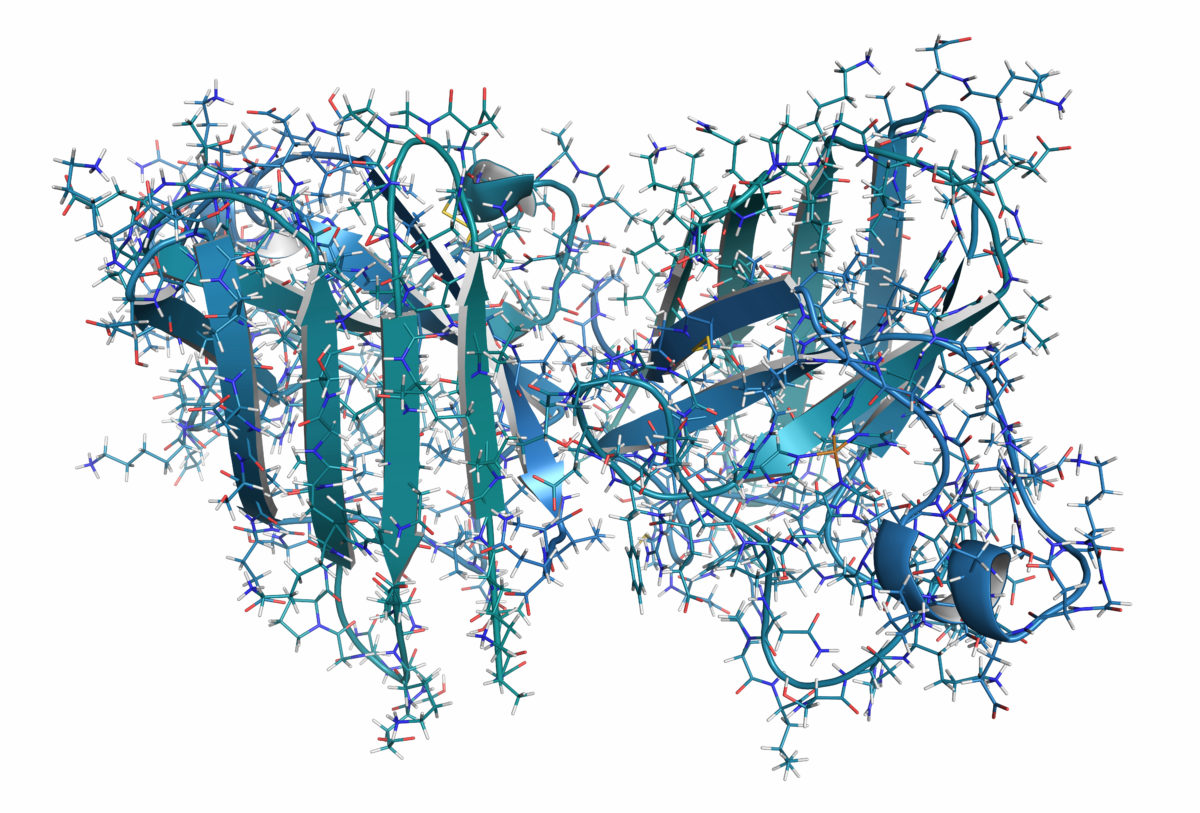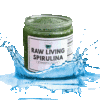Anders86
Member
- Joined
- Feb 7, 2017
- Messages
- 355
I don’t get the pump effect that has been mentioned. FWIW I never got any pump from taking arginine or citrulline or beets either, I’ve also never needed NO help downstairs, so perhaps I am not the best person to comment on NO. I do get a somewhat relaxed effect, which I am attributing to there being less joint pain for me to be stressed over. I have also noticed one pill seems good for the whole day, if I take another a couple hours later I don’t notice much difference.
We don`t get a pump but the opposite, muscles and tissue relax. At least for me..
I have experienced a great pump with Citrulline and beets, often, especially as pre-workout. Cacao also, but that I believe is the Theobromine.
I have a Chaga as source so I have noe clue what doses I consume, but it should be one of richest sources in nature.
I just copied a random blogg:
- Chaga mushrooms are a powerful antioxidant and source of superoxide dismutase (SOD) which halts oxidation, especially free radicals like singlet oxygen responsible for damaging tissues
- Chaga mushrooms are a source of 200 + phytonutrients
- Chaga Contains significant amounts of riboflavin and niacin
- The Chaga Mushroom contains B and D vitamins, flavonoids, phenols, copper, calcium, potassium, manganese, zinc iron and enzymes
- One of nature's riches sources of the minerals rubidium, potassium, cesium and germanium; everything the body needs to remain alkaline
- A great source of pantothenic acid which aids the adrenal glands and digestive organs
- The Chaga Mushroom has been used for improving cognitive function and memory loss.
- Chaga is a vital source of plant based sterols which reduce bad LDL cholesterol, stabilizes blood pressure, increases metabolism and aids the endocrine system
- The Chaga Mushroom that comes from Birch trees are also rich in Betulinic Acid which as been used to to shrink some types of cancerous tumors.
High in Amino Acids, Dietary Fiber, Ionized Trace Minerals (Copper, Selenium, Zinc, Magnese, Iron), Ionized Essential minerals (Magnesium, Potassium, Calcium, Chloride, Sodium, Phosphorus), Vitamin B1 (Thiamine), B2 (Riboflavin), B3 (Niacin), Vitamin D2 (Ergosterol), which is not found in vegetables.
https://www.annandachaga.com/pages/chagahealthbenefits


